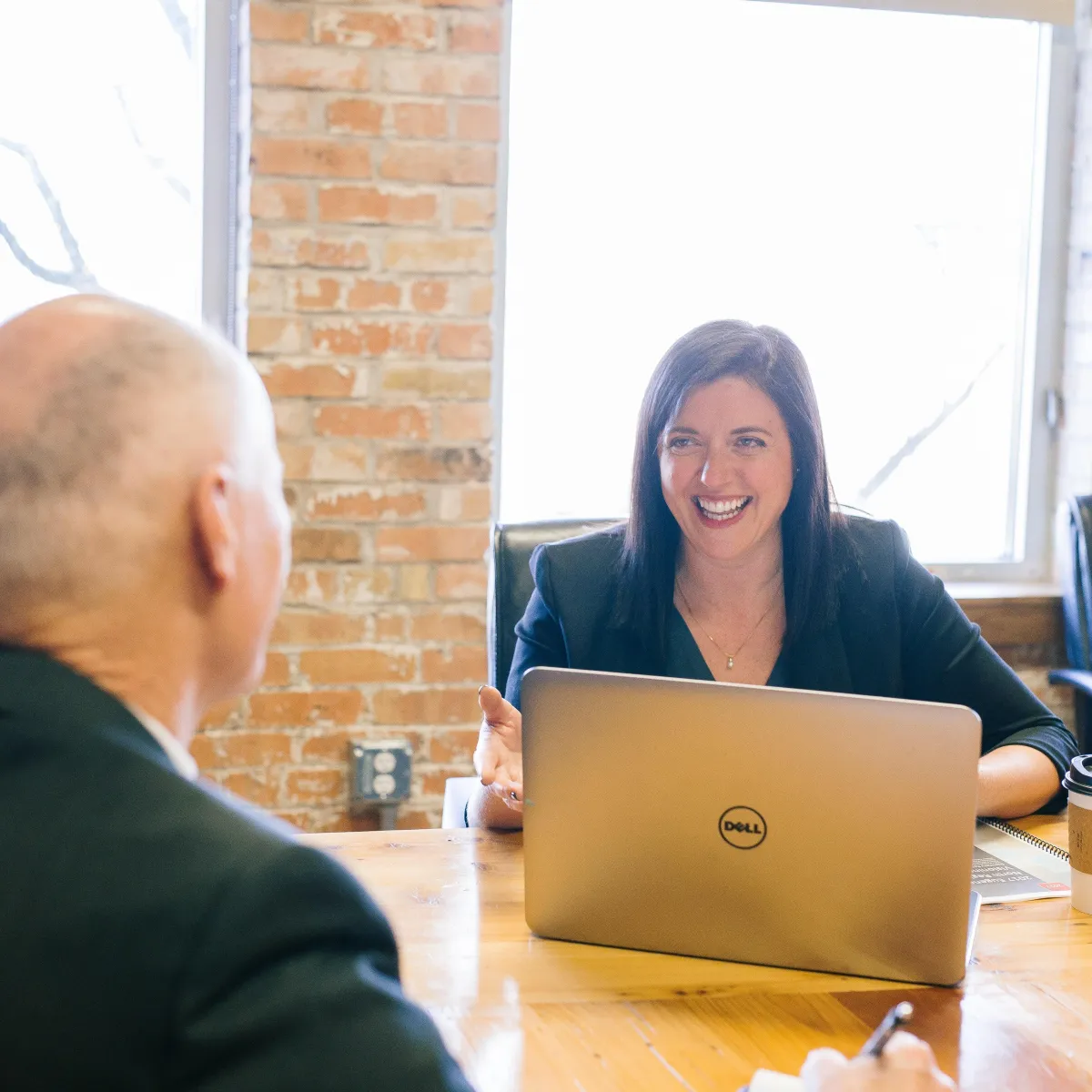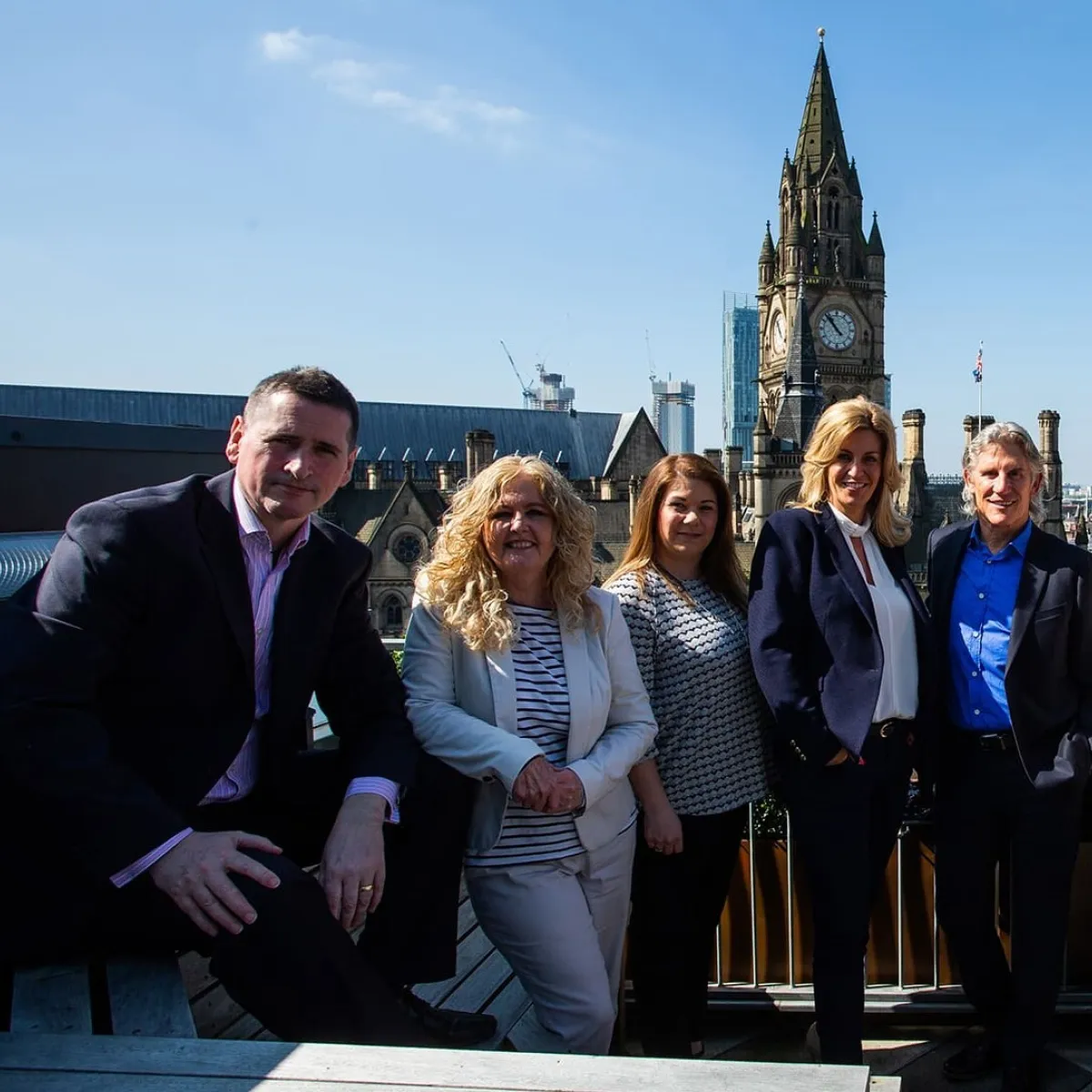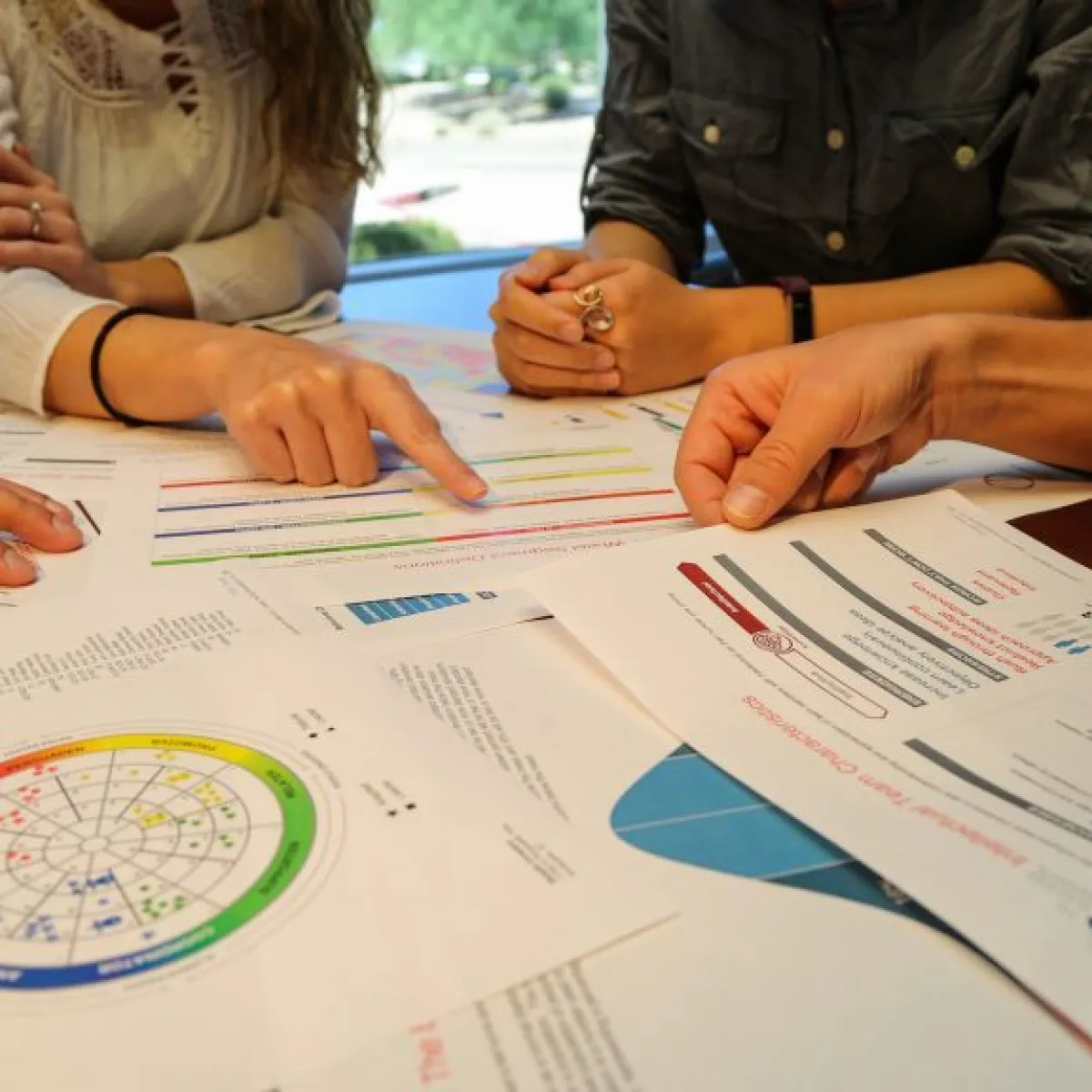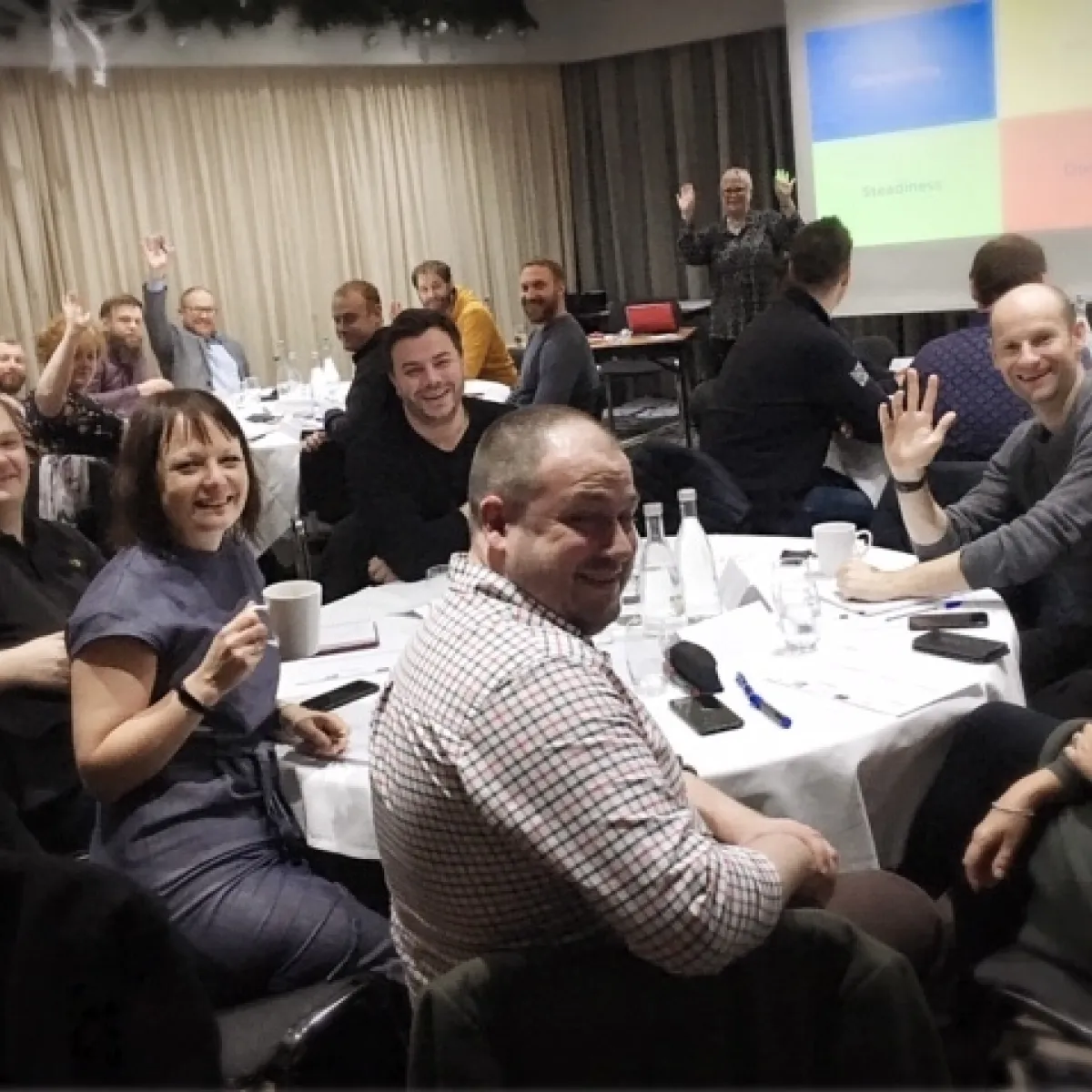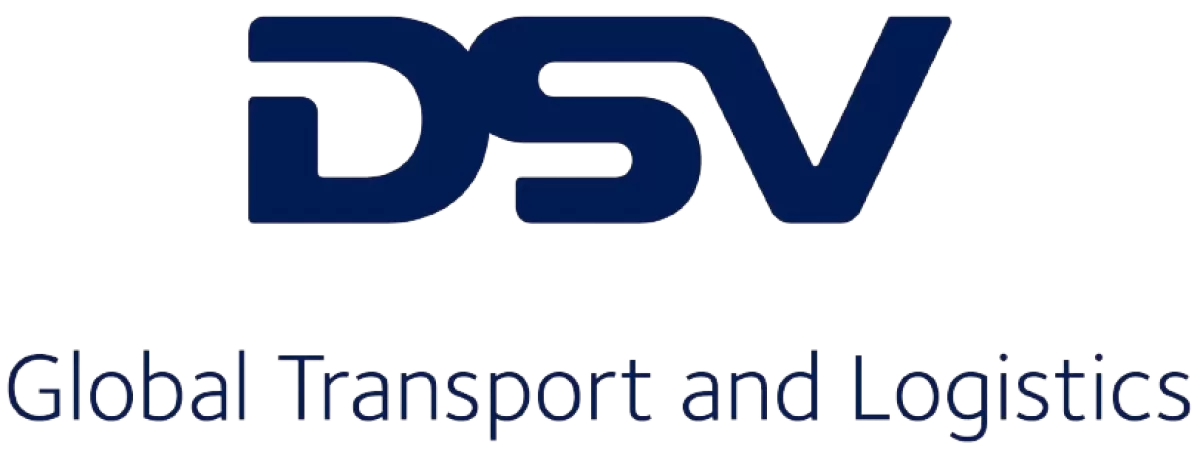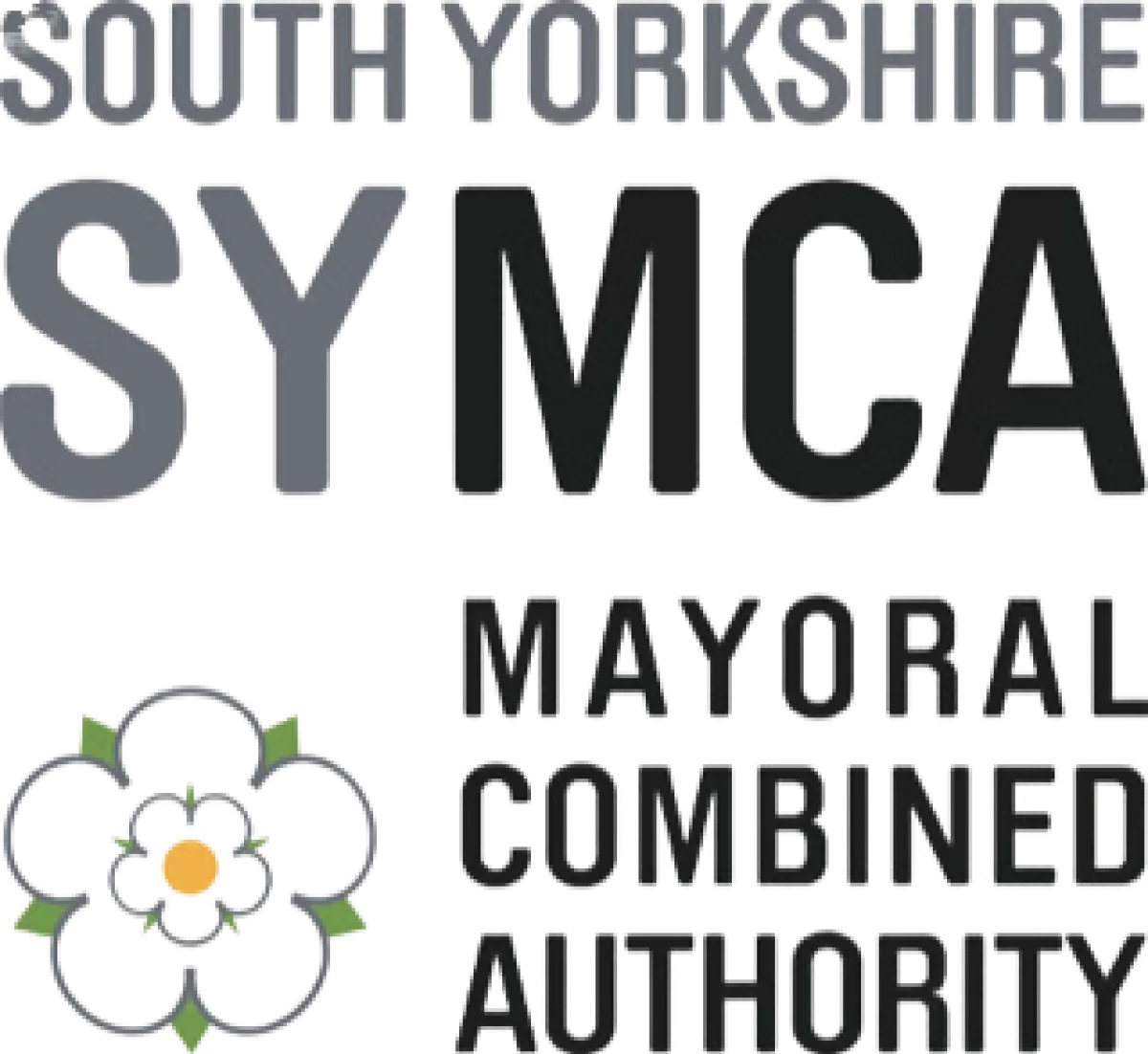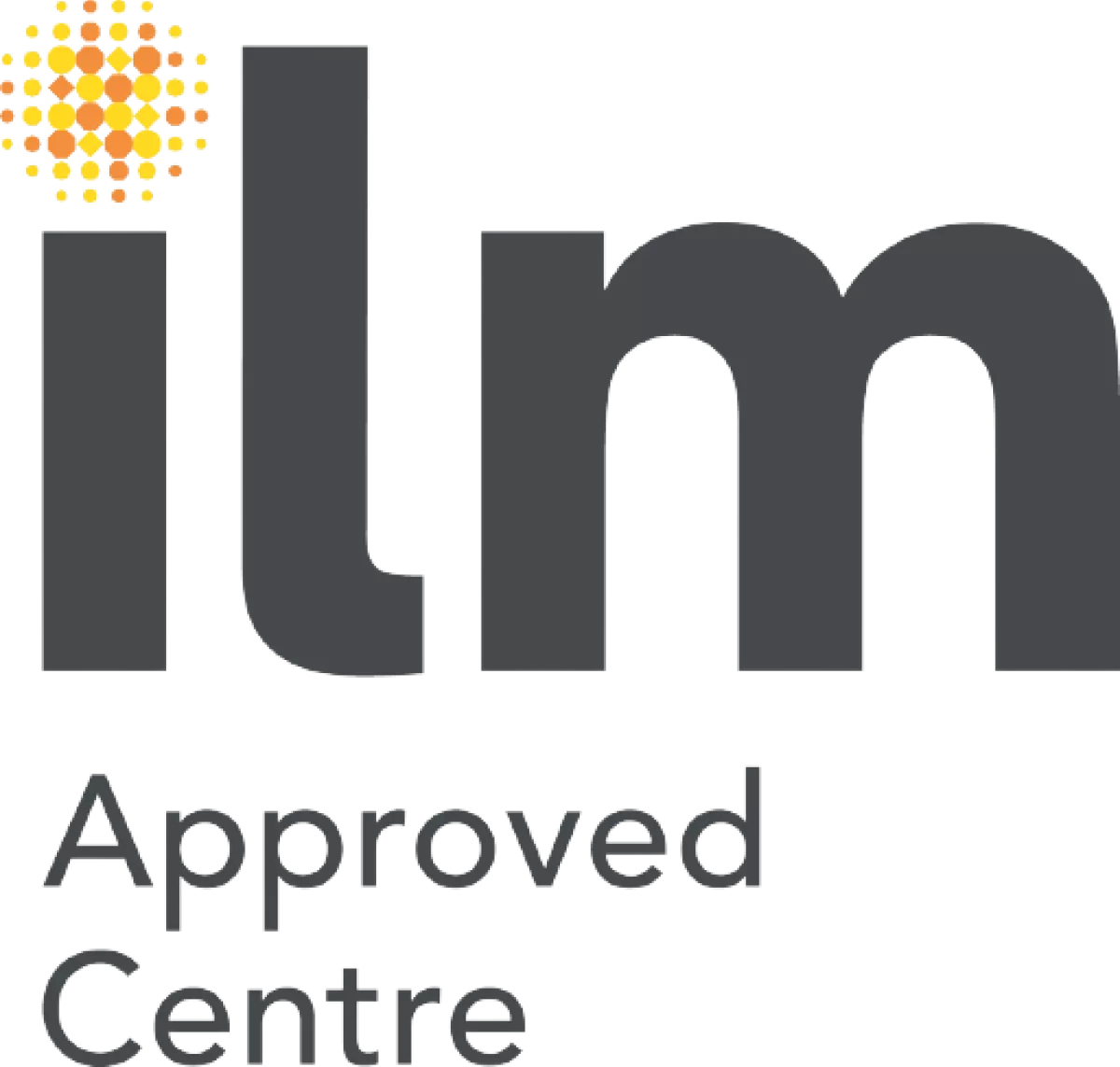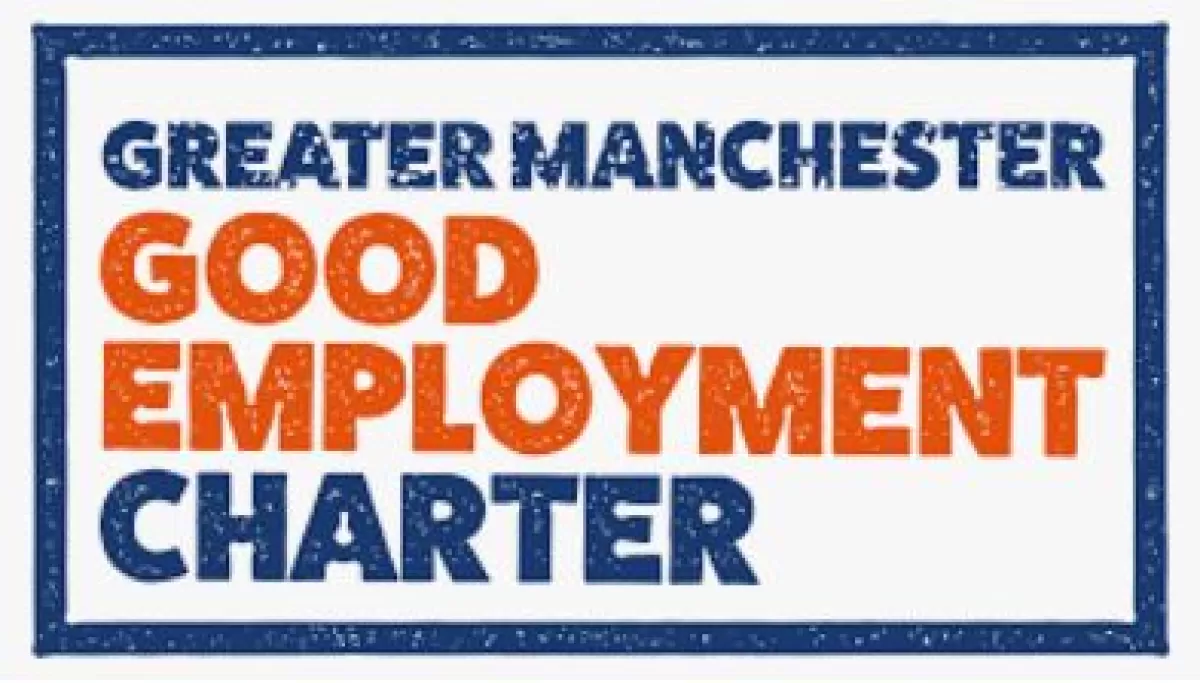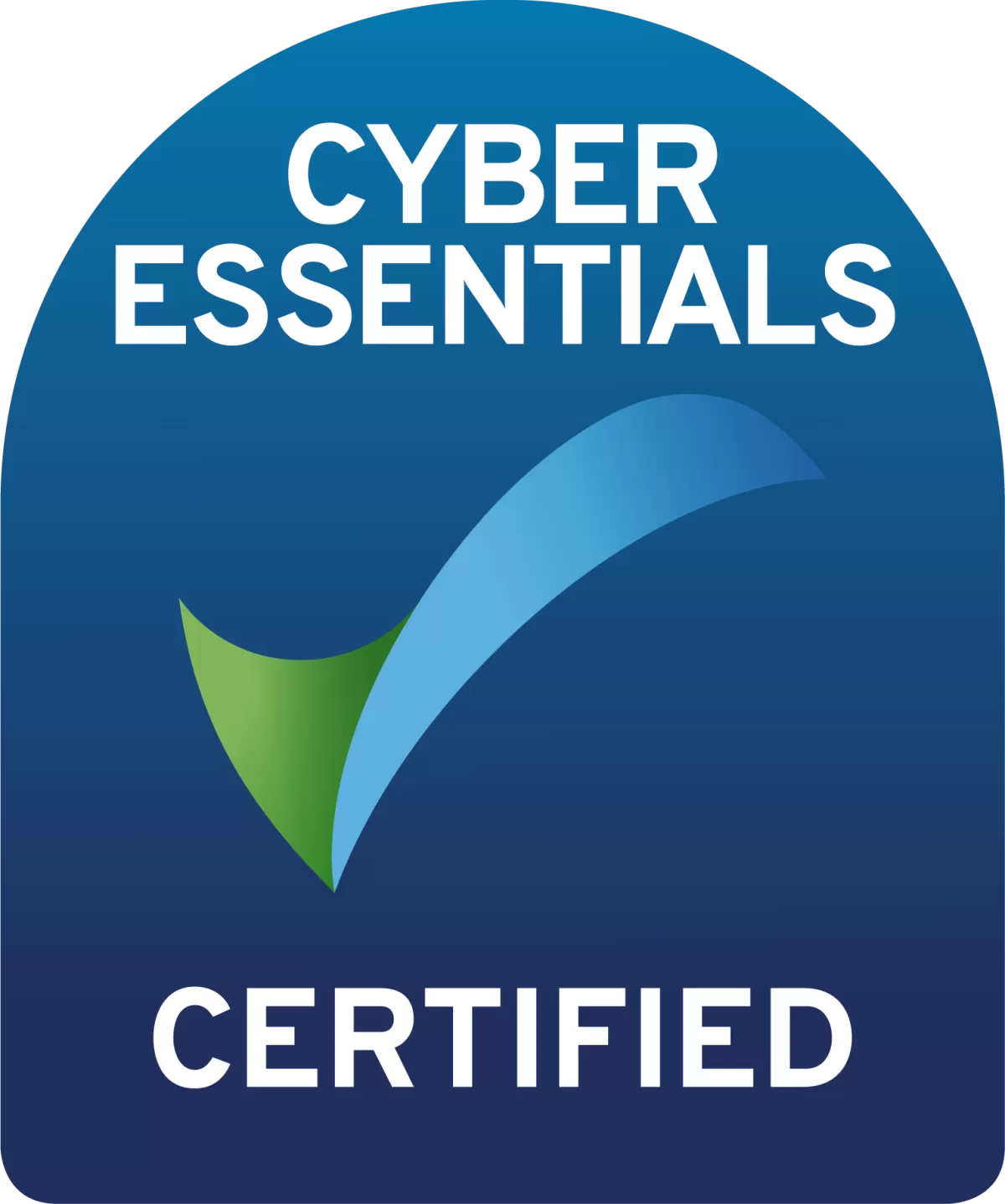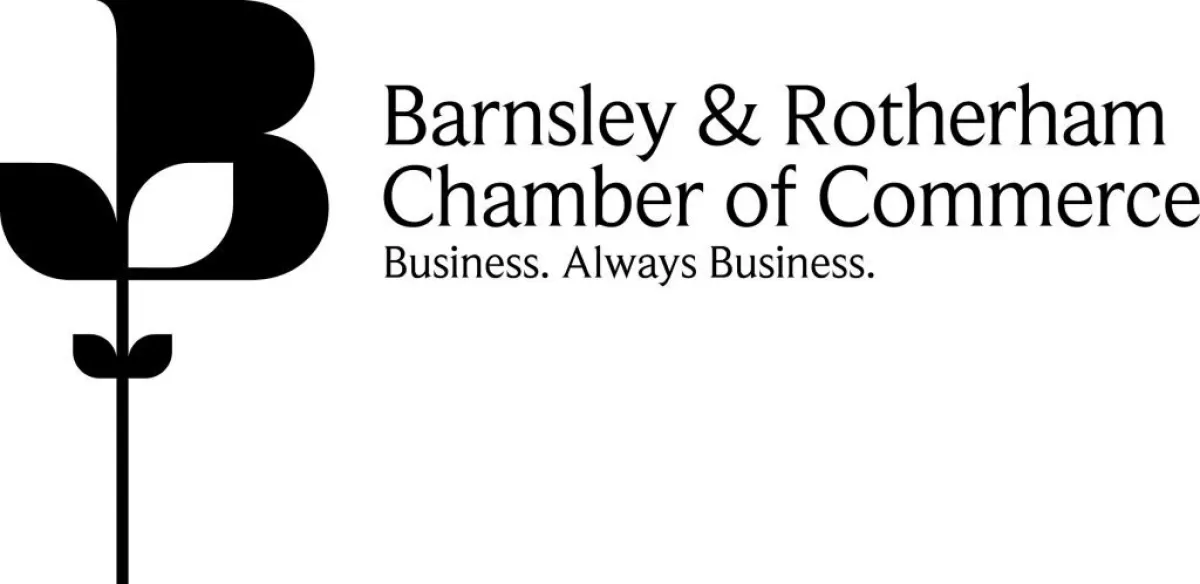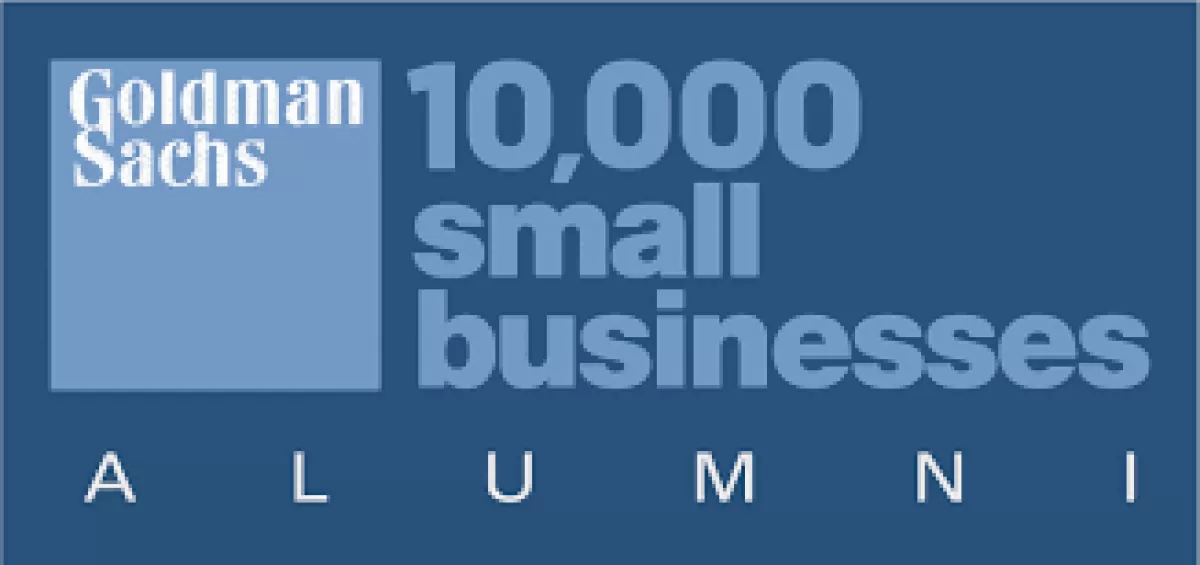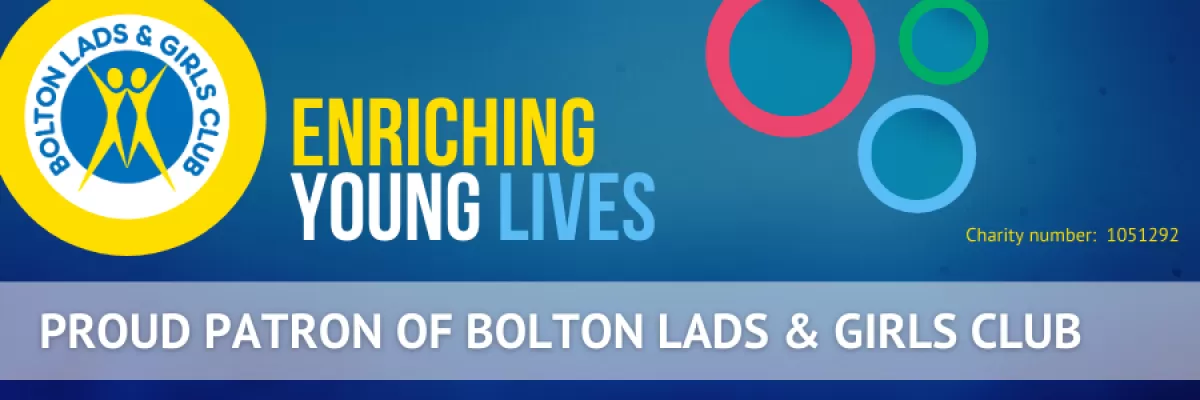Trust

What is trust? Cambridge Dictionary defines trust as: ‘to believe that someone is good and honest and will not harm you, or that something is safe and reliable.’
When exploring trust, it is useful to note that when we communicate with others, the two things we tend to look for the most are warmth and competence. With this in mind, we can look at the work of Maister, Green & Galford. In their book, ‘The Trusted Advisor’, their research discovered ‘The Trust Equation’, three aspects of our behaviour that can enhance trust and one that detracts from it.
The Trust Equation
Trustworthiness = Credibility + Reliability + Intimacy
Self-orientation
Maister, Green & Galford’s research showed that when most people seek to gain trust, they instinctively use credibility and reliability. Then they wonder why they aren’t/don’t feel trusted. Often it is because they neglect to use intimacy.
Credibility
Credibility is a combination of content and presence. We may have qualifications and experience, it is important how we look, act, react and talk about our content. Think about the doctor/tradesperson/customer service person that says and does the right things, but sticks to the bare facts, without using any emotion.
Enhance your credibility by:
- Letting people know your credentials
- Citing references and coupling them with mutual benefits
- Working out how you tell as much truth as possible, without any exaggeration
- Speaking with expression
- Admitting when you don’t know
- Relaxing – you know more than you think you know
- Loving your role/topic – it will show
Reliability
In a rational sense, reliability is the repeated experience of links between promises and actions. In an emotional sense, it is about how things are done consistently in the manner others prefer – the repeated experience of expectations fulfilled.
Enhance your reliability by:
- Making specific commitments around small things
- Delivering on those commitments, quietly and on time
- Holding others accountable for their commitments
- Under promising and over delivering
- Keeping everyone informed as much as you can
Intimacy
In this context, intimacy is enabling others to feel comfortable when discussing difficult issues with you. Here, it is necessary to use appropriate disclosure, mutually increasing risk, talking about emotional issues concerning the issues at hand. Greater intimacy has its risks, but means more issues are discussed and may be resolved more quickly.
Enhance your intimacy by:
- Being brave – intimacy requires courage on both sides
- Using appropriate disclosure
- Testing how close you are to the line
- Practising your language
- Making the first move
Self-orientation
This is the greatest source of mistrust. Self-orientation is more than greed, it is when we focus on ourselves rather than others.
The best way of demonstrating minimal self-orientation is to follow behaviours that bring us an inner state of focus on others. These include:
- Paying attention
- Focusing on defining the problem, rather than guessing the solution
- Listening to their story before telling our own
- Trusting ourselves to add value after listening, rather than during
- Taking most of the responsibility for failed communications
Consider the three areas of credibility, reliability and intimacy. How do you measure up in each of them? What evidence do you have for this?
Think about the one area you need to work on the most and practice it for a few weeks. Notice the effect it has on your relationships. Be aware of the times when you lapse into self-orientation. Is it necessary? Again, what effect does it have on your relationships?
Raising your self-awareness of and practising these behaviours gives you a great insight into maintaining your levels of trustworthiness. Taking these greater steps will go a long way to helping you maintain stronger and more productive relationships.
Want to know more? Check out these books:
Maister, Green & Galford: ‘The Trusted Advisor”
Stephen Covey: ‘The Speed of Trust’
Continue Reading
Partnerships & Accreditations


